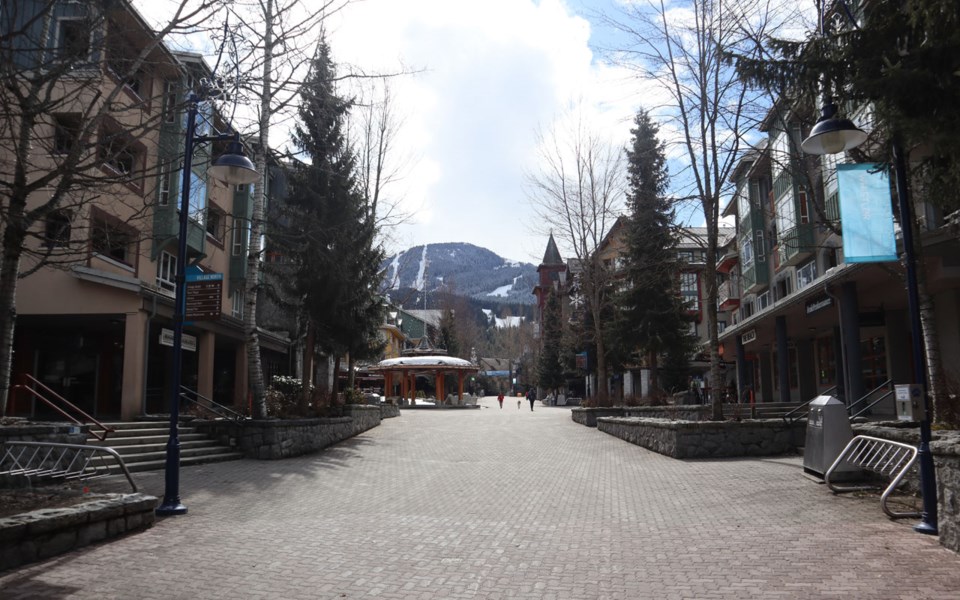Whistler has, for decades, been an escapist’s paradise.
It’s something I’ve always admired about this place, the way it seems to attract the rebels and rule-breakers who’ve realized there’s more to life than being chained to a desk 40 hours a week.
But that same penchant for escaping “the real world” means we’ve also created a kind of insulation against it—there is a reason it’s called the Whistler bubble, after all.
As a reporter, it’s something I noticed almost immediately upon landing here: There is a distinct difference between the way we talk about Whistler behind closed doors and what we say in public.
Whenever we cover a subject that could cast the resort in a negative light—homelessness, mental illness, substance use, sexualized violence, the list goes on—we too often get the same question from readers: Why are you reporting on this? As if tourists will instantly cancel their pricey vacation here at the slightest hint that Whistler isn’t the perfect, family-friendly winter wonderland that it is marketed as.
As I wrote back in a 2014 column, something that is sadly still relevant today: “Normally if it bleeds it leads. In Whistler? If it bleeds, people want it buried.”
And while the pandemic has pushed the conversation forward around things like mental health and inclusivity in a number of positive ways, the recent spike in COVID cases has reinforced that Whistler’s distinct brand of doublespeak is still alive and well.
I shouldn’t have to explain why reporting on confirmed coronavirus cases, possible exposure sites, and related business closures in the midst of a global pandemic is necessary (made all the more challenging by Vancouver Coastal Health's standing policy not to publicize confirmed cases unless they've been unable to reach everyone who may have been exposed), but for those who still don’t get it, I will: The community’s health will always take precedence over tourism revenue, and that means sharing clear and relevant information.
Of course this applies to journalists like myself, but local business owners would do well to heed the message as well. The province already sets out what you need to communicate to the public about the gamut of health and sanitary protocols in place at your business, but how you communicate to your customers around COVID is important, too, especially if your establishment happens to have a confirmed case come through its doors, as more and more local businesses have experienced in recent days.
Look, I get that this pandemic has been devastating to the resort’s business community, and I fully empathize with entrepreneurs as they’ve continued to watch their margins shrink, their staff dwindle, and their prospects of a profitable winter look less and less likely with every new health restriction that gets announced. They’re in a tough place PR-wise, too. Businesses obviously aren’t responsible for the actions of their patrons, so when a restaurant or shop announces a COVID case, there’s the fear that it will reflect poorly on the employer, even if it had nothing to do with the staff or their adherence to health protocols. But you can’t be so afraid of the potential for bad press that you end up misleading the very people keeping your bills paid and your lights on at the end of the month.
Beyond the fact that being transparent about matters of public safety is simply the right thing to do, it also makes good PR sense. In a time when we are bombarded with COVID news daily, and social-media-fuelled misinformation is rampant, customers want to know they can trust you. More than that, they want to know that you care about them as people and not just dollar signs, and a surefire way to show customers you care is to communicate honestly and openly even if it could hurt your bottom line.
We can no longer slough COVID off as another town’s problem. The virus is here, as most predicted it would be, and residents and businesses alike have a choice to either bury their heads in the sand or get out in front of it. For the sake of our community and the uncertain winter ahead of us, I sincerely hope it’s the latter.




